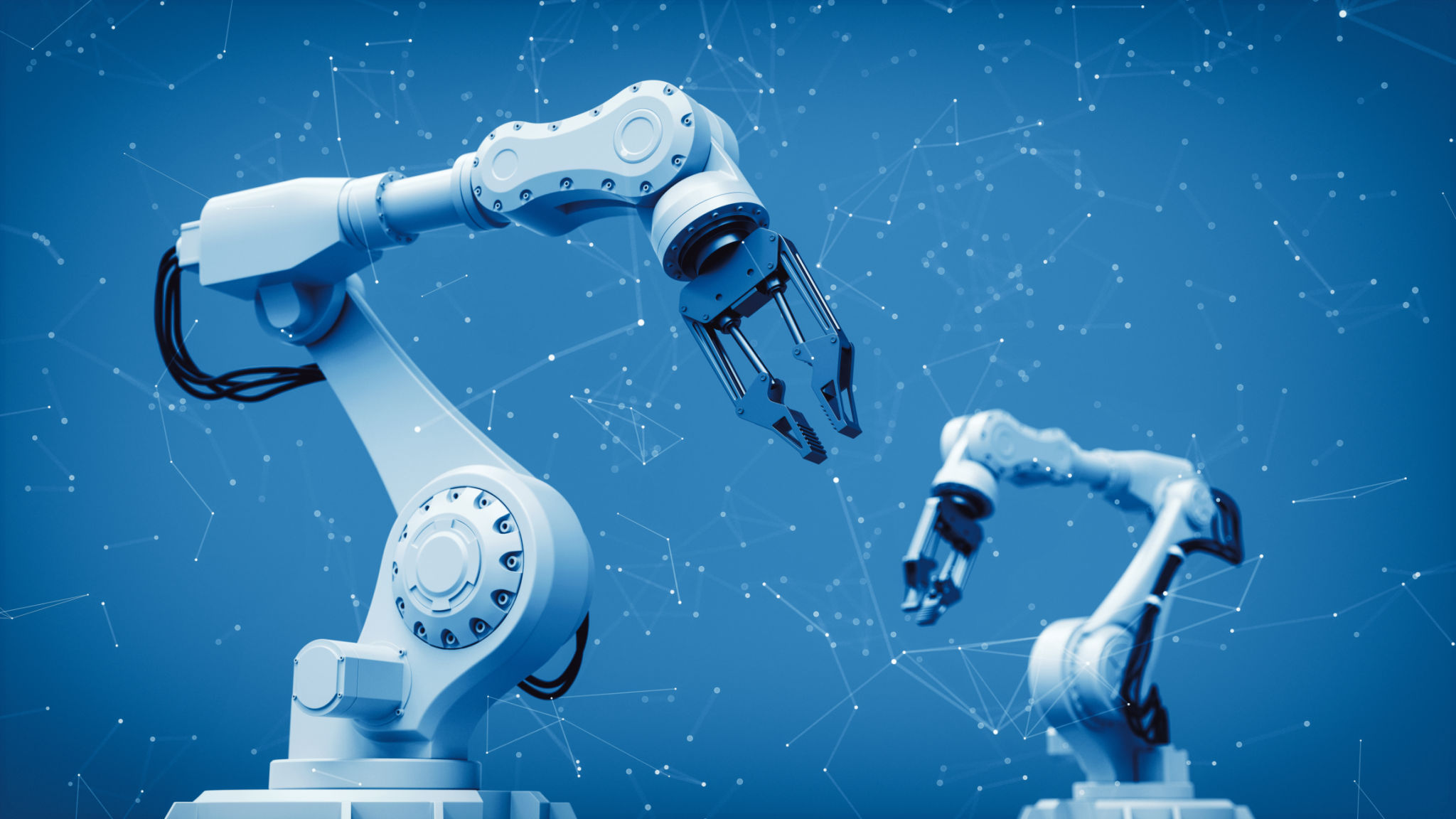Latest Trends in Industrial Process Automation
Introduction to Industrial Process Automation
In recent years, industrial process automation has become an essential component for businesses aiming to stay competitive in the global market. By integrating advanced technologies, companies can enhance productivity, ensure quality, and reduce operational costs. This blog post explores the latest trends reshaping the landscape of industrial automation.

Integration of Artificial Intelligence and Machine Learning
Artificial Intelligence (AI) and Machine Learning (ML) are at the forefront of industrial automation. These technologies enable systems to learn from data, adapt to new inputs, and perform tasks with minimal human intervention. AI-powered predictive maintenance, for instance, is revolutionizing how industries manage equipment health, reducing downtime and extending the lifespan of machinery.
Moreover, AI algorithms are improving process optimization by analyzing vast amounts of data in real-time. This capability allows businesses to fine-tune their operations, enhancing efficiency and reducing waste. The integration of AI and ML is not just a trend but a vital step towards smarter manufacturing processes.
The Rise of the Industrial Internet of Things (IIoT)
The Industrial Internet of Things (IIoT) is transforming traditional automation systems into interconnected networks of smart devices. By collecting and exchanging data, IIoT enables more informed decision-making and enhances operational visibility. Companies can monitor processes remotely, detect anomalies early, and implement corrective actions swiftly.

Furthermore, IIoT facilitates seamless communication between machines and systems, paving the way for autonomous operations. As industries continue to adopt IIoT solutions, the reliance on manual oversight diminishes, leading to more efficient and agile manufacturing environments.
Adoption of Robotics and Cobots
Robotics has long been a cornerstone of industrial automation, but recent advancements have introduced collaborative robots, known as cobots. Unlike traditional robots confined to isolated tasks, cobots work alongside human operators, enhancing productivity and safety. They are designed to be easily programmable and adaptable to various functions.
The versatility of cobots is driving their adoption across industries such as automotive, electronics, and logistics. Their ability to perform repetitive tasks with precision allows human workers to focus on more complex activities that require creativity and problem-solving skills.

Emphasis on Cybersecurity in Automation
As industrial automation systems become more interconnected, the risk of cyber threats increases. Ensuring robust cybersecurity measures is crucial for protecting sensitive data and maintaining uninterrupted operations. Companies are investing in advanced security protocols to safeguard their networks from potential breaches.
Implementing end-to-end encryption, regular security audits, and employee training programs are some of the strategies being employed to combat cybersecurity challenges. In an era where data integrity is paramount, prioritizing cybersecurity in automation is not just a trend but a necessity.
Sustainability and Energy Efficiency
Sustainability has become a primary focus for industries worldwide. Automation technologies are playing a significant role in promoting energy efficiency and reducing environmental impact. By optimizing resource use and minimizing waste, automated systems contribute to the sustainable growth of businesses.
- Implementing energy-efficient machinery
- Utilizing renewable energy sources
- Adopting eco-friendly manufacturing practices
These practices not only align with global sustainability goals but also resonate with environmentally-conscious consumers, enhancing brand reputation and marketability.
Conclusion
The latest trends in industrial process automation highlight the industry's shift towards greater connectivity, intelligence, and sustainability. By embracing these advancements, businesses can achieve operational excellence and maintain a competitive edge in an ever-evolving market landscape. As technology continues to advance, staying informed about these trends will be key for industries aiming to thrive in the digital era.